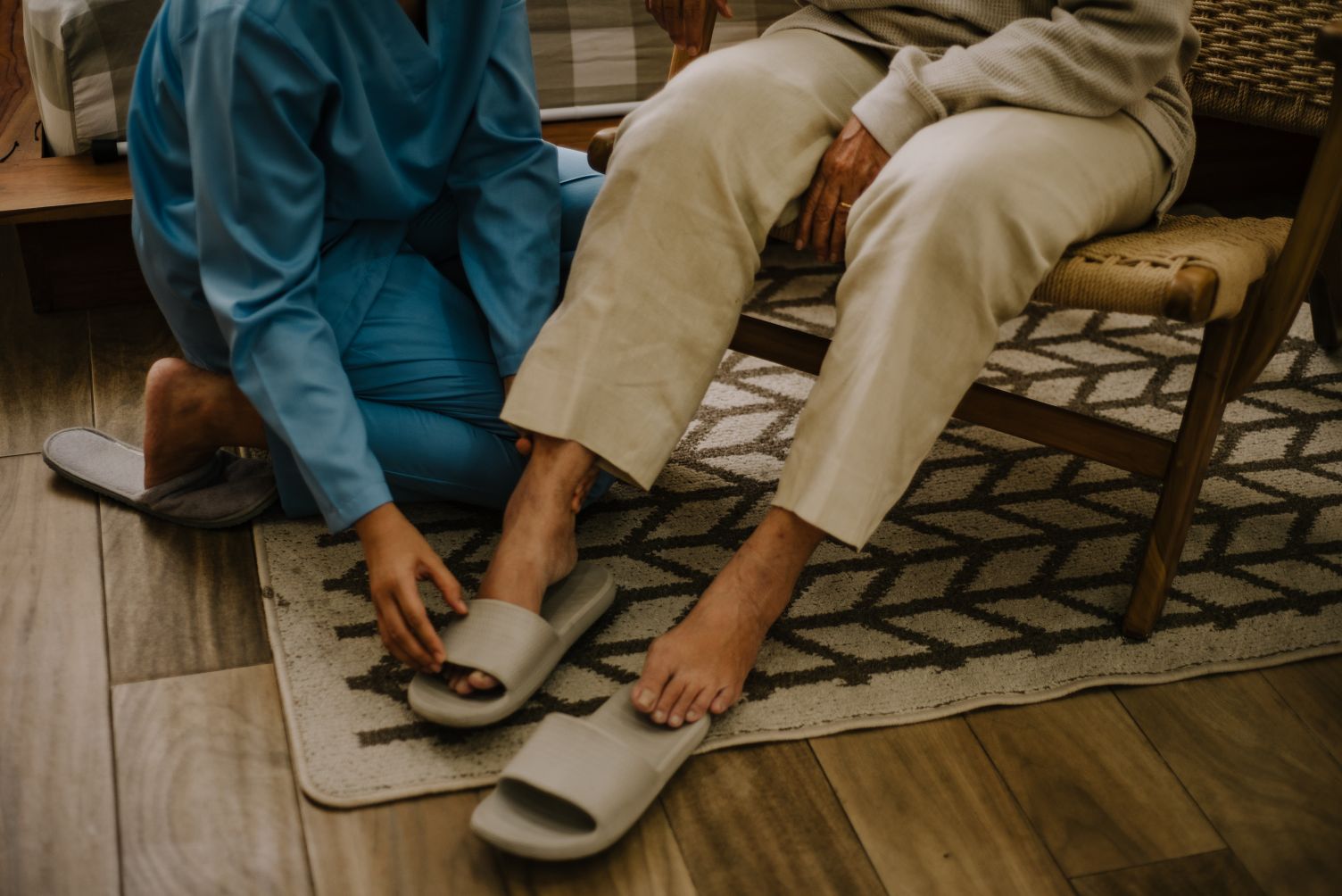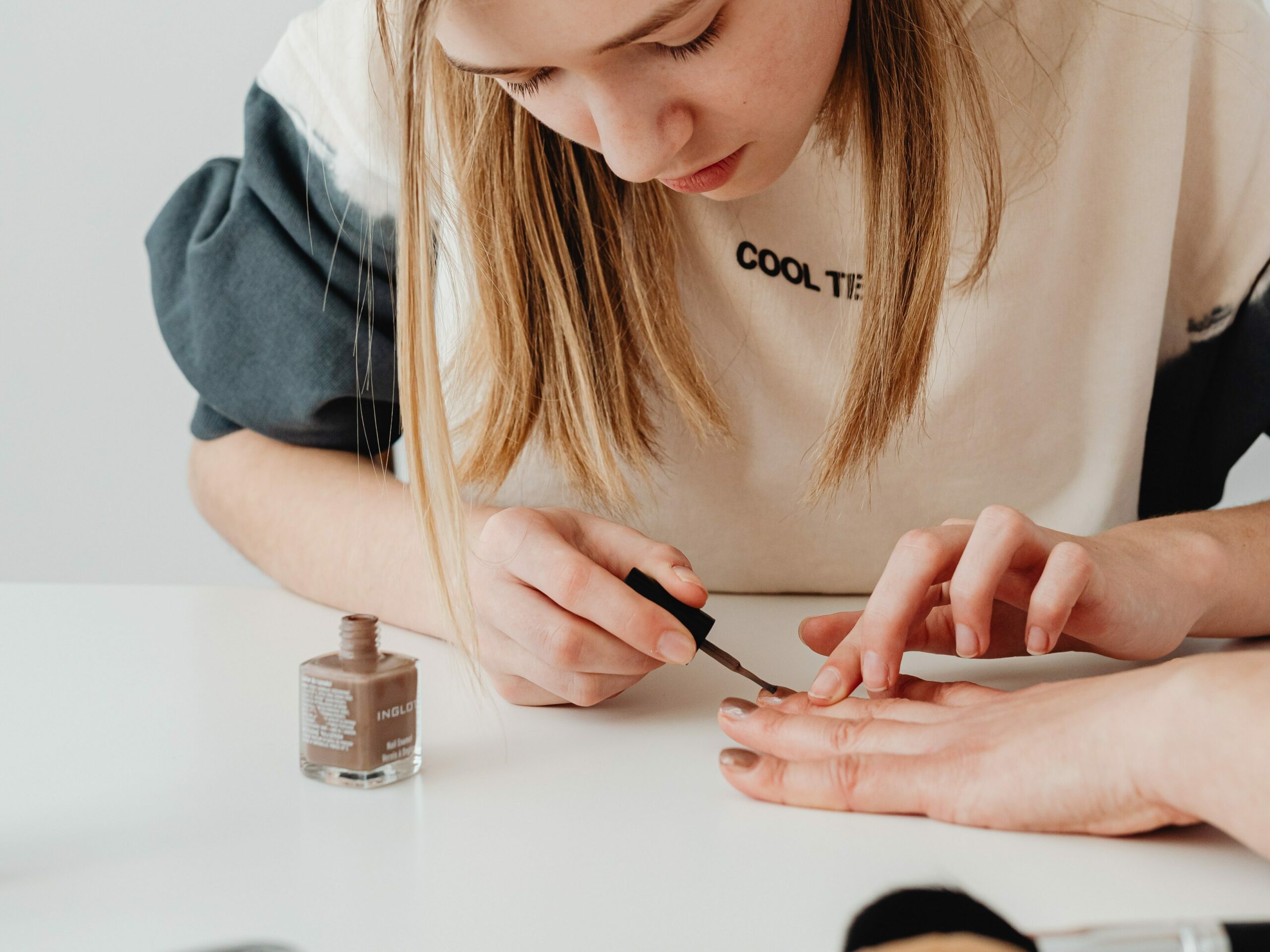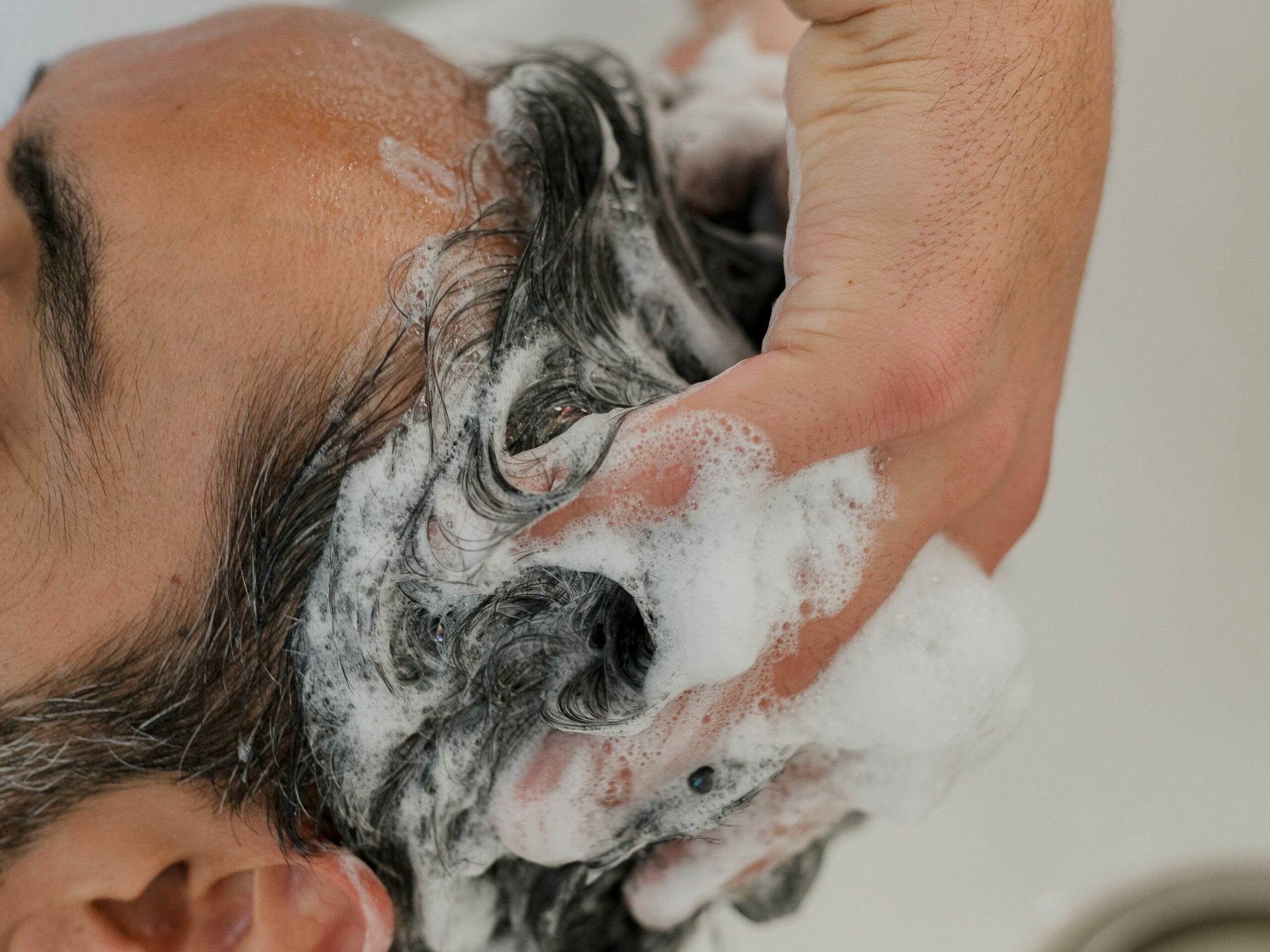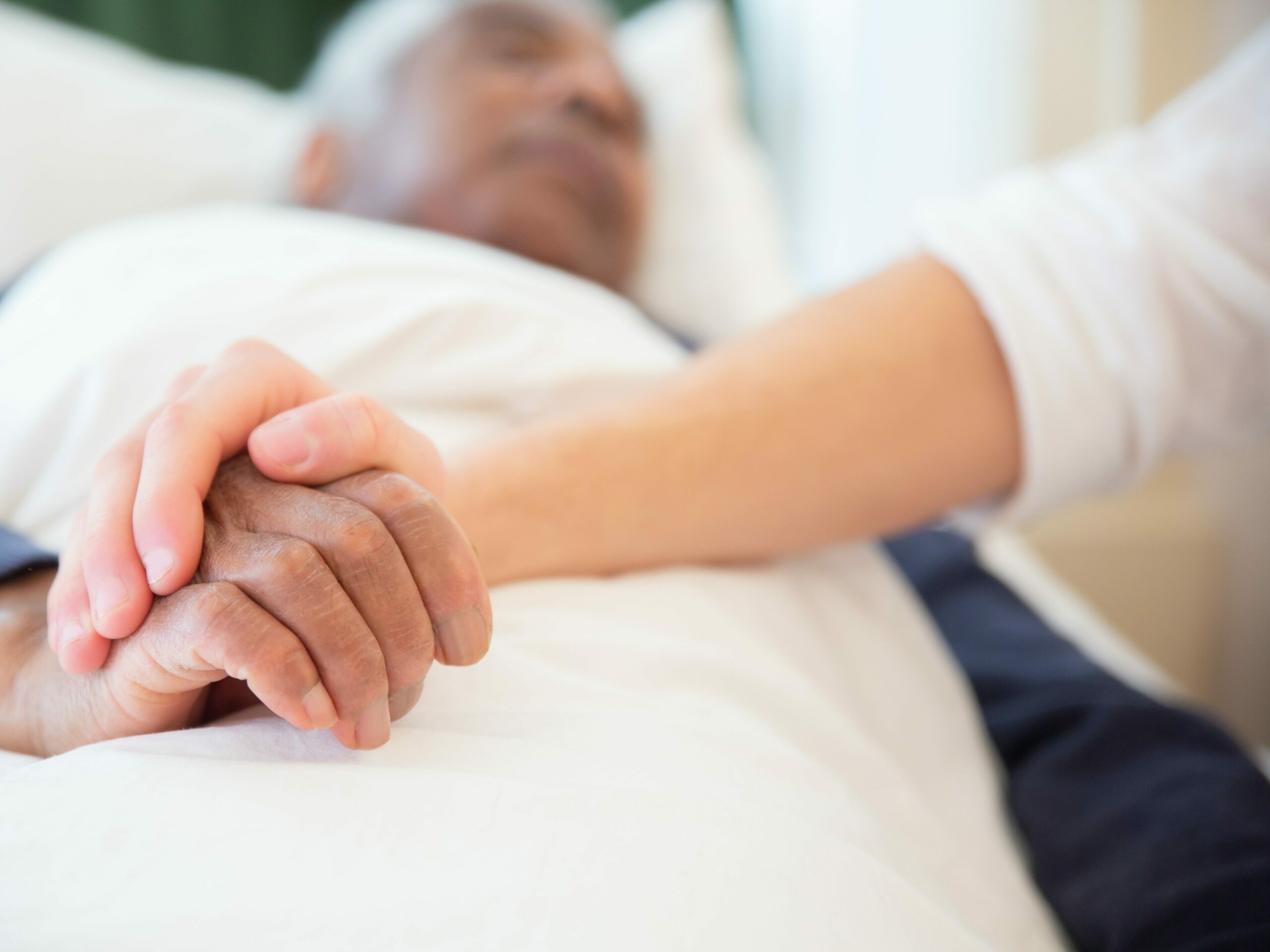Home Nursing
This page includes valuable knowledge and information from the Hospice New Zealand Guide for Caregivers.
Getting your home ready
Supporting your loved one at home will often mean making changes around your house, including where they sleep, moving furniture to make it easier for them to move around, and introducing palliative care equipment like special beds, walkers and commodes. If your loved one can’t get about easily, it can be a good idea to consider moving their bedroom so they are closer to the bathroom and living area. For some people, having their bed in the living area is the best option, because they can still be part of the comings and goings of everyday life, as long as they can still get plenty of rest. If your loved one is in a bedroom at the other end of the house, they could feel isolated or depressed.
Changing things around can be a disruption. It’s a good idea to talk to everyone in the house about how best to support your loved one, to help make everyone feel comfortable. It is also likely that this may change, with a loved one being in their bedroom initially, but then moving as their needs increase and more support is needed to care for them.
Personal care
When someone is unwell and they can see their body deteriorating, it is often the small things like having clean sheets, a chance for a shower, a massage or a haircut that can make all the difference in how they feel.
Showering and washing
Having a daily wash or shower can be refreshing, but it can also be tiring so it’s important to plan showers for the time of day when your loved one has the most energy (often after breakfast in the morning). This means they can also do other jobs, like cleaning their teeth and using the bathroom, at the same time, to conserve energy. If your loved one doesn’t have the energy for a shower, a wash with a warm flannel and a nice dry towel can be equally as enjoyable. At some point, your loved one may also need support in the shower, with palliative care equipment (a seat, frame or wall handles) or human support. This can be especially important for jobs like washing hair. Keep checking in with them regularly so you can see these changes in need, and anticipate when additional support may be required.
Skin-care and massage
As your loved one begins to spend more time in bed or in a chair, it is important to check their skin every day or so for red areas, sore spots or dryness, especially on the bottom, back, ears, heels and elbows. Feet can get particularly dry. Massage is a wonderful way to show kindness to your loved one, as well as helping with circulation, skin dryness and sore spots. This can be strange the first few times, as you may not have massaged your loved one in this way before, but over time it can become a very special way to connect and spend time together. If you aren’t comfortable massaging your loved one, you could consider looking out a mobile massage therapist, who can come to your home.
Fresh sheets
For most people, having fresh sheets can help us to feel just a little better. It can be hard doing this on your own, so you might like to ask visiting friends or family to help, ideally while your loved one is up for a meal, a shower or to use the bathroom. Once your loved one is spending most of their time in bed, you could ask a visiting hospice or district nurse how to change the sheets with minimal stress to your loved one. One trick is to put the top sheet to the bottom and put a clean one on top every day or two.
Watch video: How to change the sheets in an occupied bed…
Movement
If your loved one can get around, it’s a good idea to encourage movement and physical activity such as light stretching. They can also get up for meals, use the toilet when needed and walk to the bathroom for their shower. As they become less able to do things for themselves, their needs will change and your routine and set up may need to change. Someone who spends most of their time in bed must be moved regularly, usually every two hours during the day and once or twice at night, to avoid bed sores and other complications. Encouraging breathing exercises is a great way to manage stress and anxiety for your loved one, while encouraging good circulation and lung strength. As your loved one becomes very sick and near death, it may be better to move them less or maybe not at all. A doctor or nurse will help you decide what is best for your loved one.
Oral hygiene
A dry mouth is a common problem as people’s breathing changes and they tend to breathe more through their mouth. While special preparations are available from pharmacies, try pineapple or feijoa juice, frozen pineapple or mango chunks, ice cubes, or acid/sour lollies to encourage saliva production and to refresh their mouth. Applying vaseline, lanolin or lip balm to their lips every few hours can help prevent dry and cracked lips.
Nail care and shaving
It is important your loved one continues to feel loved and cared for, and this means simple things like helping them to shave and caring for their nails. You can keep their nails cut and clean yourself, or call a podiatrist to trim hard and thickened toenails. A man might enjoy a daily shave – you could support him by getting everything ready for him or do the shaving yourself. A woman might like her legs and underarms shaved or her eyebrows shaped if that is part of her usual beauty routine. There are also mobile beauty therapists who will come to your home and provide these services.
Hair care
Clean and styled hair can make a real difference to how someone feels. It is quite possible to wash someone’s hair in bed. All you need is a plastic sheet, towels, a jug and a bucket or bowl. While it may come with challenges, this can also prove to be a fun bonding experience with your loved one and may even provide a few laughs. If possible, ask your nurse to show you how. Search for mobile hairdressers near you.
Clothing
Dress your loved one in comfortable clothes that can be easily put on and taken off. Clothes like track suits or T-shirts of soft stretchy material are much easier to deal with and can be just as stylish. Correct fitting shoes or slippers are important to prevent tripping or slipping when walking.
Common symptoms
Pain
People are often fearful of being in pain but it can usually be managed well, to minimise discomfort. Taking the correct amount of the right painkillers (analgesics) regularly is the best way to manage pain, so you are preventing it rather than waiting until the pain occurs. The aim is to take regular doses of medication that give constant relief. Extra doses can then be taken when the regular dose isn’t enough, and it’s important to keep in mind that this will change, as your loved one’s condition changes.
Constipation
When people stop being so active, it is common for their bowels to slow down, and they can often get a build up of gas or become constipated because they’re not moving around much, and aren’t eating well or drinking enough. Gentle movement, stretching, breathing and massage are all good techniques to try, before considering medication. Talk to your nurse or doctor about advice to manage constipation as it can make other symptoms, especially pain, worse.
Nausea and vomiting
It can be common for people with life limiting conditions to feel nauseous and sometimes vomit, often as side effects from medication, pain or changes in diet. Getting some fresh air, changing body position or sipping soft drinks like lemonade, gingerale or herbal teas such as peppermint or ginger tea can all help. Sucking peppermints can sometimes help and are also great for refreshing the mouth.
Losing appetite and weight
Loss of appetite and weight loss are also common in people who are dying. It’s important to make sure your loved one always has access to water, with a fresh cup always by their bed (providing a straw can be helpful as people lose muscle control). However, it can often cause more stress to both you and your loved one if you try to force them to eat when they have no appetite. Make sure their lack of appetite is reasonable by checking with your doctor or nurse, as it can sometimes be triggered by feeling sick from medication or other matters. As your loved one loses weight, they could feel the cold more than usual and may need extra layers of clothes and more heating. It is natural for someone’s appetite to fade as people get closer to dying – sometimes people won’t eat for over two weeks prior to passing away.
Confusion
As a person gets closer to dying, they may not recognise family and friends and they may misinterpret what’s going on around them or what people are saying, creating stress and confusion. When you recognise this behaviour in your loved one, you may need to reduce visitor numbers, and provide them with more quiet time, away from the hustle of everyday life. It can be helpful if you also introduce people when they come to visit, without assuming your loved one recognises them. Your loved one may also have nightmares, vivid daydreams or hallucinations and will require support to help them feel safe and calm again.
Drowsiness
In their last days, your loved one may become drowsier and spend more time sleeping than awake. During this time, if they become a bit restless or more conscious, it is a good idea to change their position, so there is minimal disruption to their rest.
Helpful tips when caring for a loved one at home
- Give your loved one a way to call you for help – this will be reassuring for them. It might be a hand bell or you may want to buy something like an electric door bell, a baby monitor or a set of two way radios so you can be reached from anywhere in the house and garden.
- Move any furniture and rugs you don’t need away from the bed. Keep the space around the bed as clutter-free as possible.
- If they can move from their bedroom to the living area, it is useful to set up a special spot with a comfortable chair or day bed that has everything they need nearby. Try to give them a view of the garden or anything else pleasant or interesting.
- Put things like a clock, drinks, radio and torch, TV and stereo remotes near the bed.
- Make sure it is easy for your loved one to get to the toilet or bathroom from where they spend most of their time. You may need to make room near the bed for a toilet chair (commode) if the person can’t get to the toilet.
Preparing food and drink
People with advanced illness often lose their appetite because of tiredness, pain, nausea and vomiting, depression, sore dry mouth or throat, constipation, alteration in taste and diarrhoea. Though something can be done about some of these causes, it’s quite likely your loved one will need different food than they have in the past. Offer them a choice of small portions of savoury and sweet foods.
People in the last stages of illness often lose interest in fluids as well as food. You might be anxious they aren’t drinking but it might not be making them uncomfortable; it is part of the body getting ready for death. It prevents the build-up of saliva, which is often an effort to swallow. It makes breathing less noisy in the back of the throat which leads to less coughing and vomiting. It also reduces the amount of urine the person must pass.
When making food for your loved one, remember:
- Smells – sometimes the smell of cooking can be off-putting.
- How often and how much – it’s better to offer small meals often than big ones not so often.
- Food in a hurry – ready packaged or canned food could be an option – soups, yoghurts, creamed rice, or custard. Baby foods are a good way of having readily prepared small amounts of food on hand in a variety of different flavours.
- Texture – the feel of food is important. If your loved one has a dry or sore mouth, they might prefer soft food. If solid food is a problem, blend it or strain it through a sieve. You might also like to try small cubes or slices of fresh or frozen fruit and smoothies which are much easier to consume (eggs and protein powder can be added to smoothies for extra nutrients and energy).
- Company – it is always better to eat with company than by yourself. Time meals so that you can eat with your loved one or sit and have a drink with them while they are eating.
Natural therapies
There are many alternative natural therapies to provide support, care and kindness to people who are dying. As well as the care being provided by your health professionals, you may also like to consider treatments such as:
- Massage
- Reiki
- Aromatherapy
- Creative visualisation
- Relaxation
- Therapeutic touch
- Reflexology
- Music therapy
- Acupunture
- Breath work
- Yoga and stretching
- Art therapy
- Spiritual healing
- Animal therapy (time with pets)





